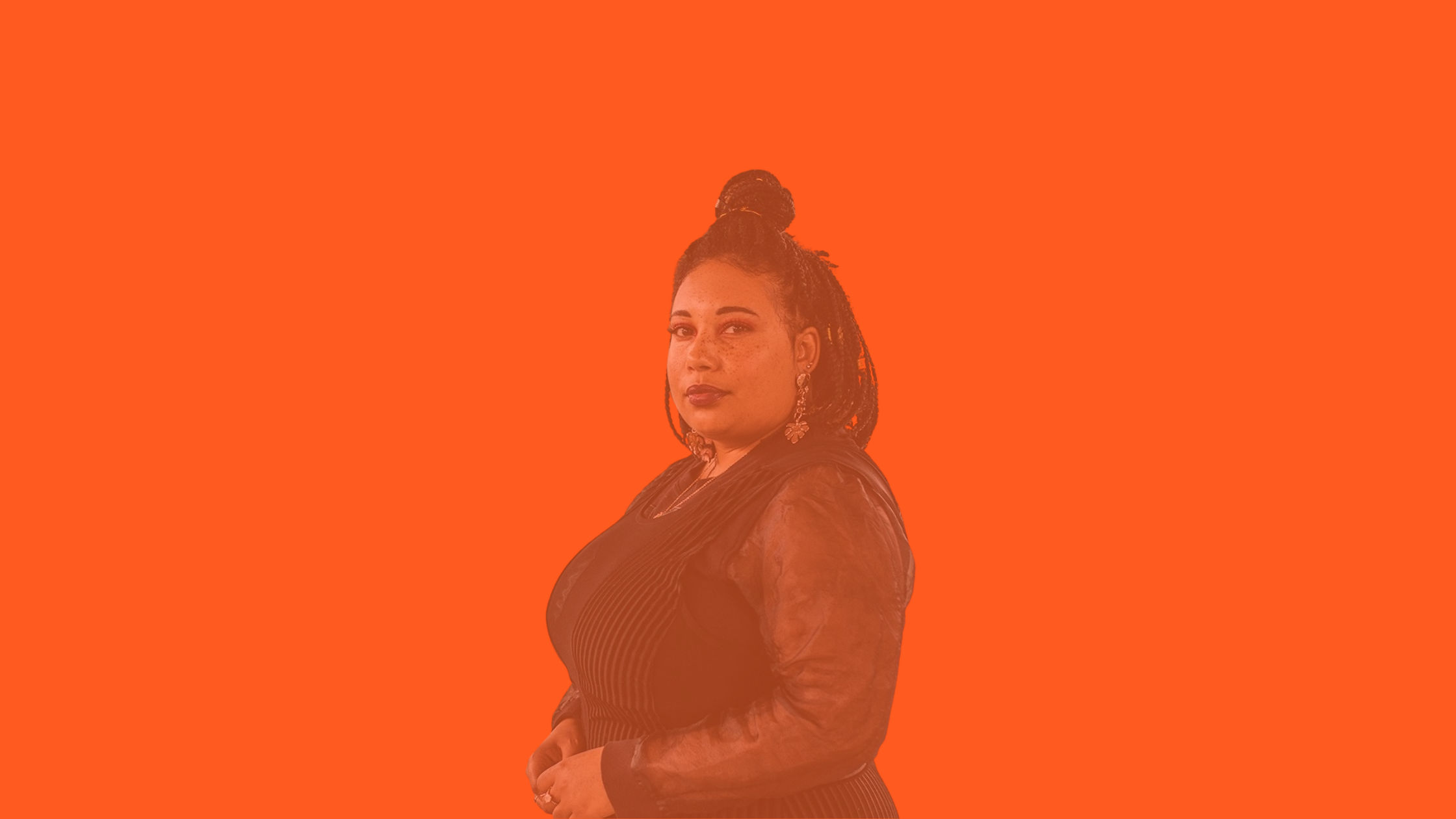Episode 20: Why Diversity & Inclusion Is the Best Thing for Your Business
Cicely Belle Blain is a diversity & inclusion business consultant, activist and writer; they are one of Vancouver’s fifty most influential people of 2018, as awarded by Vancouver Magazine, a co-founder of Black Lives Matter – Vancouver, one of CBC’s 150 Black Womxn Making Change in Canada and BC Business 30 Under 30 2019 and has served as a member of the Canadian Youth Delegation to the United Nations. Their work is informed by their professional and academic background at the University of British Columbia and their lived experience as a Black, queer artist, a community builder, an intersectional feminist, and a Black liberation activist. Cicely’s first book, Burning Sugar, debuted in 2020 with VS Books & Arsenal Pulp Press.
Some questions Tynan asks:
When people say, “we want to hire women, but we also need to hire the best people and fit,” how should we think about this?
What are leaders that are hiring more inclusively doing?
What is anti-oppression?
Please help us understand the relationship between equality and equity.
What does it look like for conversations amongst those who are biased, instead of always a black person standing up for black rights for example?
Thoughts on D&I Councils.
In this episode, you will learn:
When we think about diversity and inclusion, we must first think about what an individual adds and brings to your organization. Having all the qualifications isn’t as trustworthy as we think, especially when people may bring the same skills but have shown it over their lives in different ways.
Even if someone’s role doesn’t have to directly do with it, we should be screening for an acknowledgment of diversity and inclusion in every hire.
The decisions to fight for D&I will often bring a lot of upheaval in an organization, especially before they bring joy.
When an organization is just looking for a short-term engagement to increase D&I, such as a couple of workshops, it’s unlikely there will be much change long-term.
Anti-oppression is based on the fact that for many people groups, things are simply not fair. There are people alive today who were born on slave plantations for example, and obviously dealing with the repercussions of that, and for their families affects everything including career.
Equality speaks to the idea that everybody should get the same thing because everybody’s the same. Equity is that everybody should get what they need to thrive, e.g. specific support or initiatives to help people get to the same end result as others.
For people who experience privilege, it’s so important for people within those communities to hold each other accountable. Of note, it’s not helpful to have a “cancel culture” wherein if someone says the wrong thing they are chastised for it immediately without taking the time to educate them; we need to allow people to learn and grow, calling people in through compassionate conversations.
Making D&I Councils meaningful comes from a commitment from leadership. Often they are nice to have, but not given financial resources or any decision-making authority to actually bring projects or initiatives to life. See Episode 4 with Tayo Rockson for more insights on D&I councils.
Learn More
Connect with Cicely:
More resources mentioned:
Chelsea Handler: Hello, Privilege. It’s Me, Chelsea.
Dr. Melina Abdullah, Co-Founder of Black Lives Matter TED Talk
